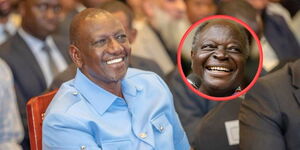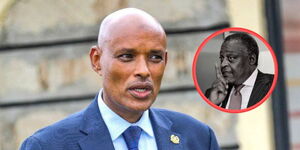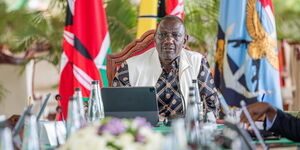The Ministry of Health has directed all Human Immunodeficiency Virus and Acquired Immunodeficiency Syndrome (HIV/AIDS) patients not to refill their antiretroviral medicine (ARVs) before the due date.
In an official statement on Tuesday, through the National AIDS & STI Control Programme (NASCOP), the Ministry assured patients that the country has an adequate supply of the medicines and there was no need to panic.
"The Ministry of Health, through the National AIDS & STI Control Programme, would like to assure all recipients of care that we have sufficient stocks of ARVs, both for prevention and treatment, at the ART sites," the Ministry stated.
Patients have been instructed to visit ART sites only when their medication is finished, rather than restocking in advance.
Reports had indicated concerns over a potential shortage of critical medicine, leading some patients to skip doses or share medication with others out of fear of running out.
However, the Ministry urged patients to refrain from skipping doses or sharing medication, assuring them that there is a sufficient supply of the medicine.
"ARVs should therefore be taken daily without skipping doses or sharing. Recipients of care are also advised not to refill ARVs before their due dates for fear of running out," the Agency assured.
Concerns over the availability of ARV medication have arisen following the withdrawal of U.S. foreign aid, which previously funded medicine, treatment, care, and other resources related to the disease.
The 90-day suspension of U.S. aid has had a substantial impact on the healthcare system, particularly jeopardizing the supply of ARV medicines.
Reacting to the concerns, Health CS Deborah Barasa outlined several measures to mitigate the impact.
The measures included seeking an additional Ksh33.5 billion from the National Treasury to sustain critical health programmes, including HIV/AIDS treatment, malaria prevention, vaccines, and family planning.
Meanwhile, the world was warned on Tuesday of a possible return of the HIV/AIDS pandemic if the US did not restore foreign aid promptly. Speaking on Tuesday, United Nations Programme on HIV/AIDS (UNAIDS) Executive Director, Winnie Byanyima, warned that the world could be staring at 6 million demises in the next four years, owing to the viru,s if the funds are not restored.












